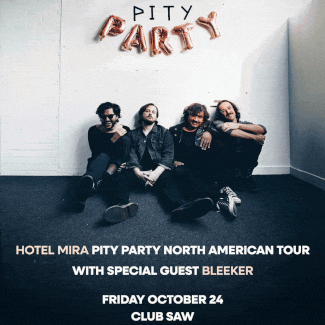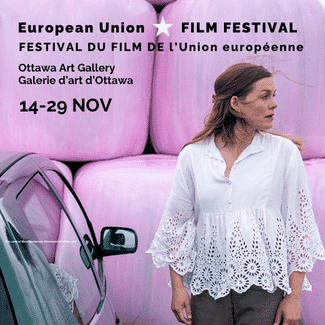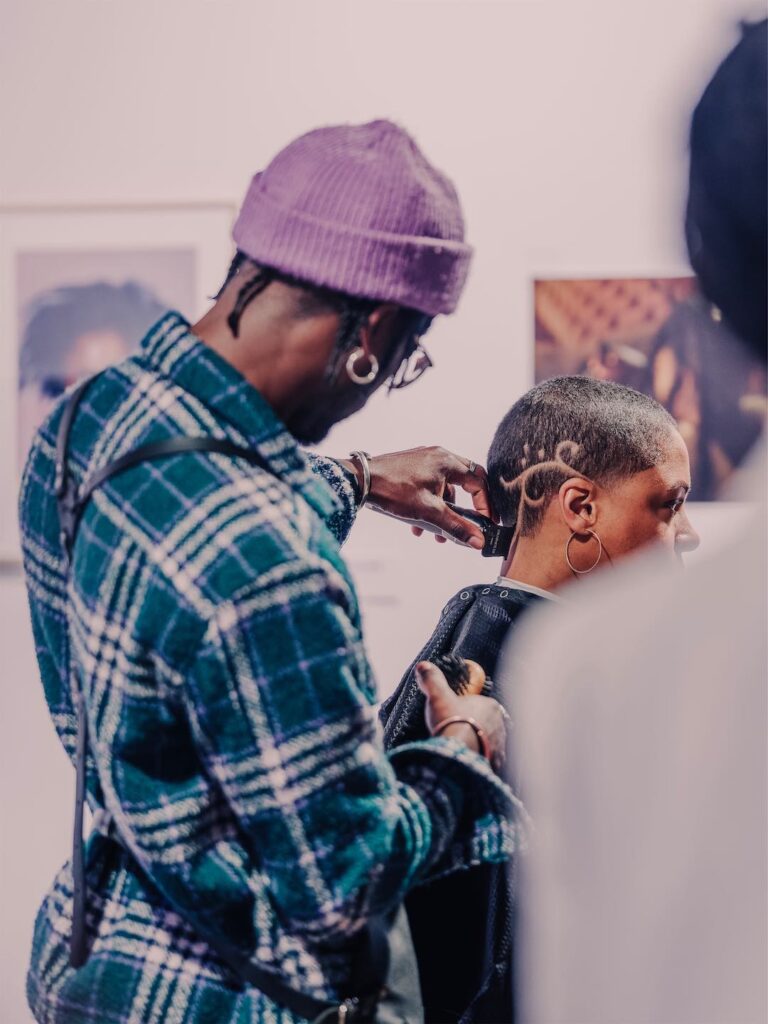
Hair styling at Crépu: Our DNA by Michel Ndikumasabo, owner of ROVN. Photo: Curtis Perry.
Different kinds of hands have come in contact with the Black hair. Some ruffle through the strands, puzzled, attempting to rule over it. Others gaze at it, in awe of how it lifts from the scalp, then reach for it without invitation.
But “Crépu: Our DNA,” a Black hair art show, captured the self-love many Black boys and girls find through hands that are patient, kind, and understanding.
“Crépu” was the first show of its kind in Ottawa. It’s a collaboration between Sharlène Clarke of Hors Pair Social and Sandra Ngenge Dusabe, founder of The Moving Art Gallery. Held at SAW Gallery on February 5 and 6, it featured photographs and paintings from Stéphane Alexis, Dion Prints, Bobby Brugal, Yodit Michele, and Francesca Désulmé (Kouka). The show also screened two short films followed by conversations about hair.
Fitch Jean’s short film More than Hair explores the complicated relationship between Black hair and hands. One of its most compelling scenes is a white mother trying to style her adopted Black son’s hair. He winces every time she combs it. Before that, the boy stood in the mirror for what seemed like an eternity, alternating between comb and hands. He, too, misunderstands the crown of naps that grew from his scalp.
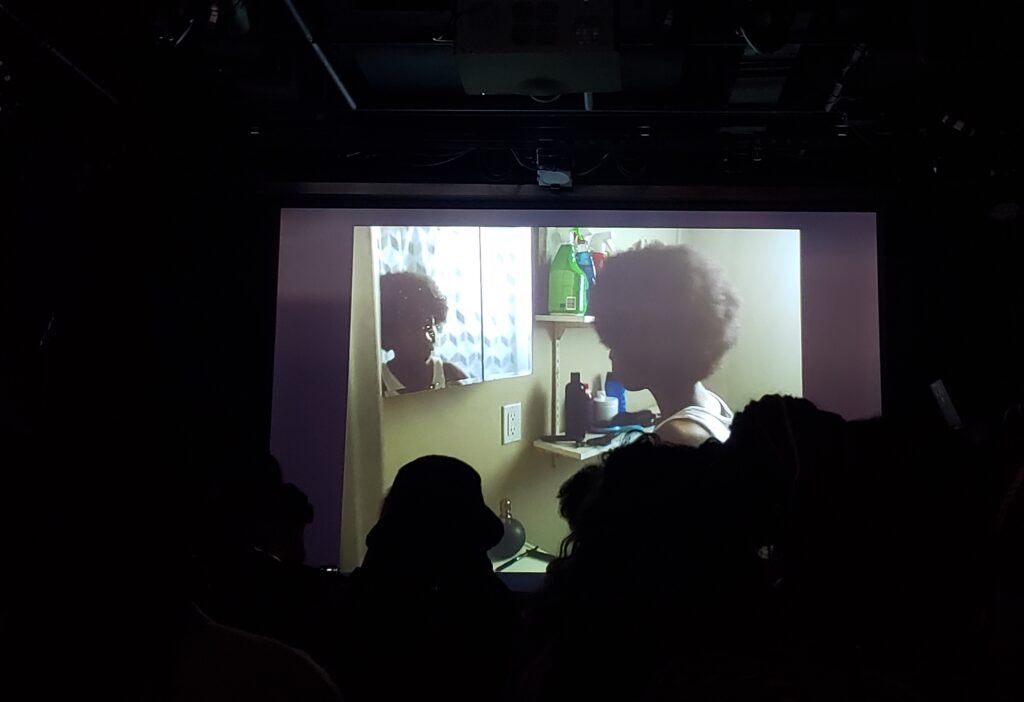
Screening of More Than Hair. Photo: Sonya Gankina.
The next scene takes us to a Black barbershop where the boy experiences a sense of belonging, joy, and acceptance for the first time. As the unknown but warm hands braid his hair, he learns it was never a burden.
“I realized that there wasn’t a lot of projects out there that were about Black boys and their hair. I felt like I needed to do something about Black boys and Black men,” Jean said about the film during a conversation with the audience.
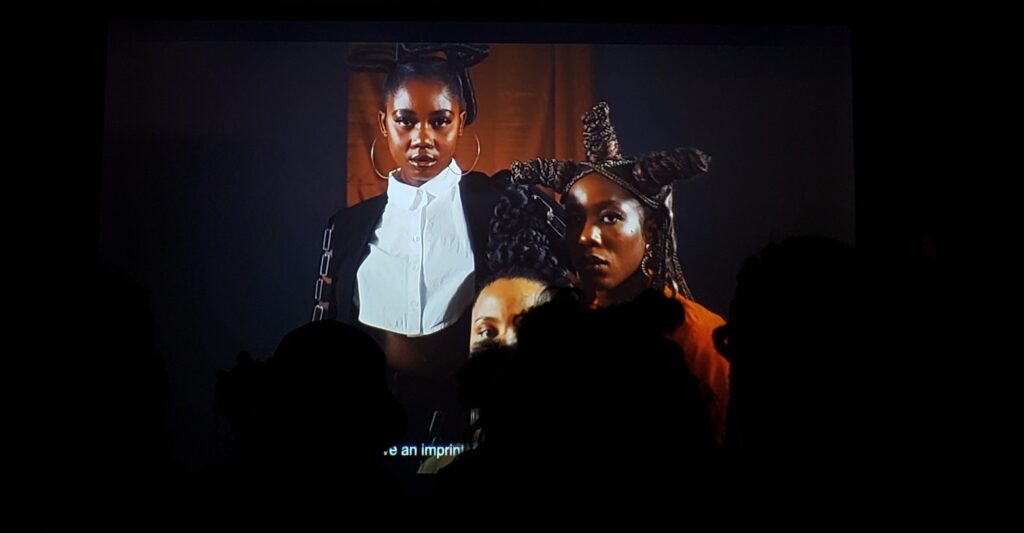
Screening of Don’t Touch My Hair. Photo: Sonya Gankina.
Don’t Touch My Hair from Oladimeji Odunsi showcases the beauty of Black hair. Visuals of intricate braiding styles and patterns fill the screen. Odunsi is from Nigeria, where hair indicates social status, tribe, and family ties. As eye-catching Black hair is, DO NOT TOUCH IT.
“It’s not an accessory. It’s part of me. It’s very personal to me as a person,” Odunsi said about hair.
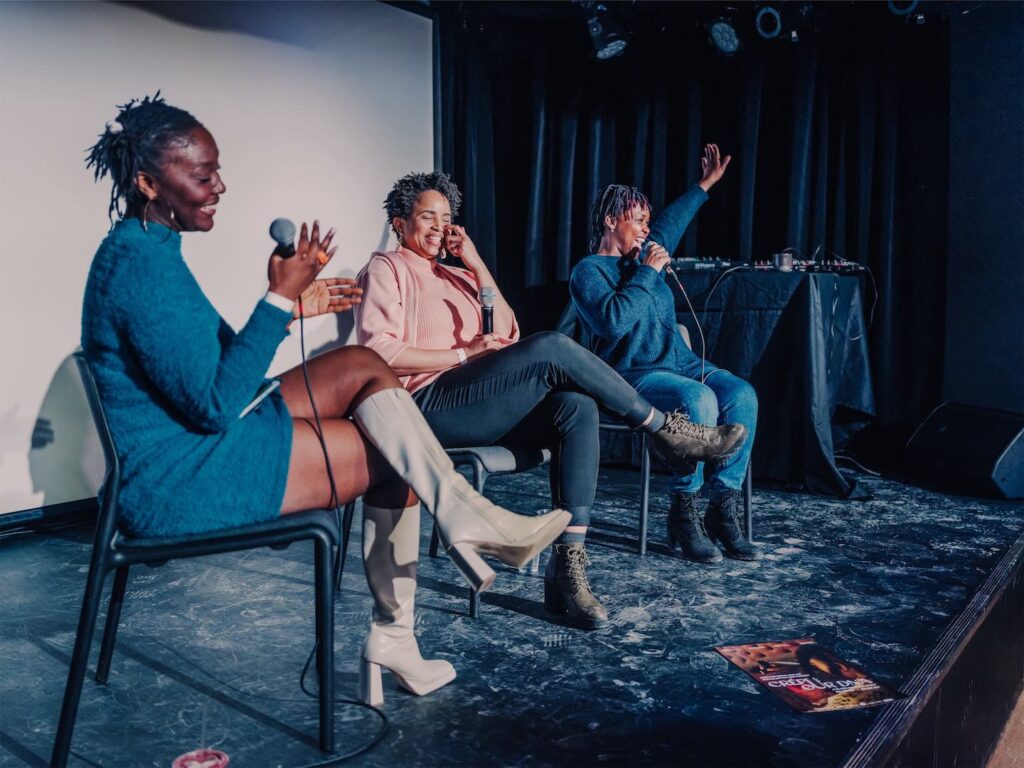
(L–R) Host Yanaminah speaks with curl specialists Paula Whitelocke and Rhea Jemmott from Curly Hair Designs about the journey of embracing and nurturing Black hair. Photo: Curtis Perry.
Journey, a photography series by Dion Prints, recounts the sense of safety and trust found at a hair salon like M’s Hair Salon, Barber and Beauty Supply in Orleans. “Journey #4” captures a stylist parting a client’s hair before braiding it. She learned to do hair at a boarding school in Nigeria, the photographer Dion tells me. She would do the girls’ hair in exchange for food.
The process of tending to Black hair begins with an act of surrender. When you sit in a hairstylist’s chair, you learn to give up fear, frustration, or anxiety, trusting that you’re in safe hands.
Paule Whitelocke, curl specialist and founder of Curly Hair Designs, understands a salon must be a sanctuary.
“Everybody has had the experience of walking into a space not feeling seen or feeling heard, getting hurt while sitting in the chair,” she said in a conversation about hair. “It was really important that we open up the space with others, we were able to remove those types of experiences.”
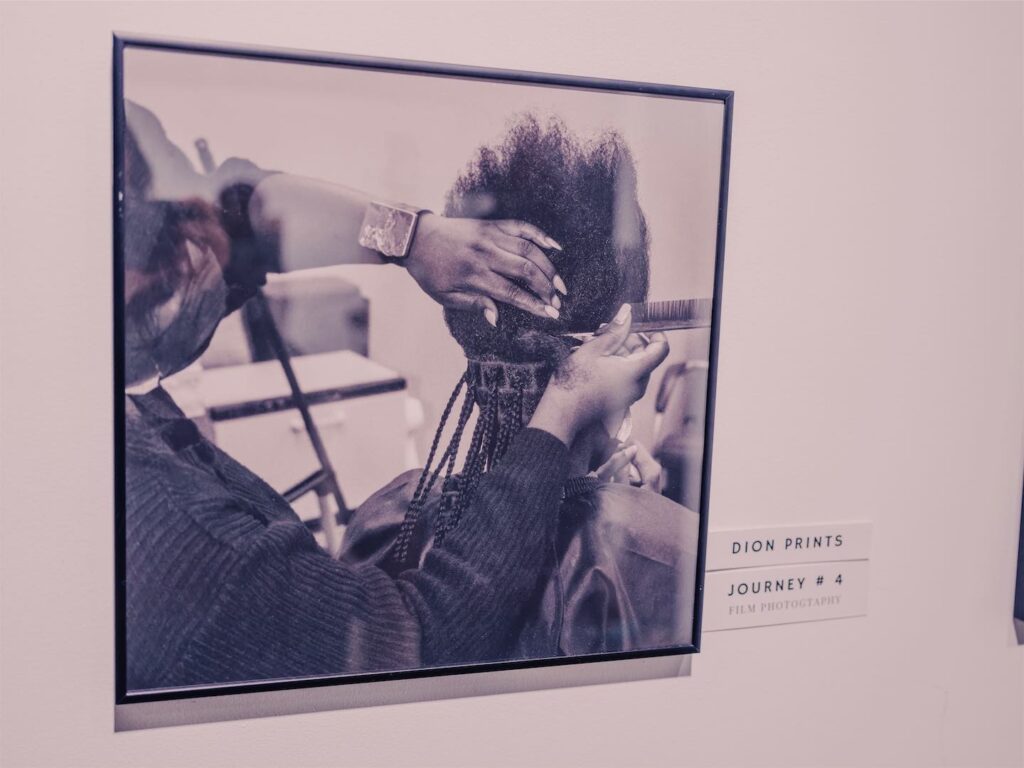
Through “Journey,” Dion Prints captures the safe space of a Black-owned hair salon. Photo: Curtis Perry.
The stylist’s patience spoke to Dion.
“I really liked how the girl was taking her time to trace out the part. As someone that is learning to do my own hair, I find that parting is really difficult,” she said.
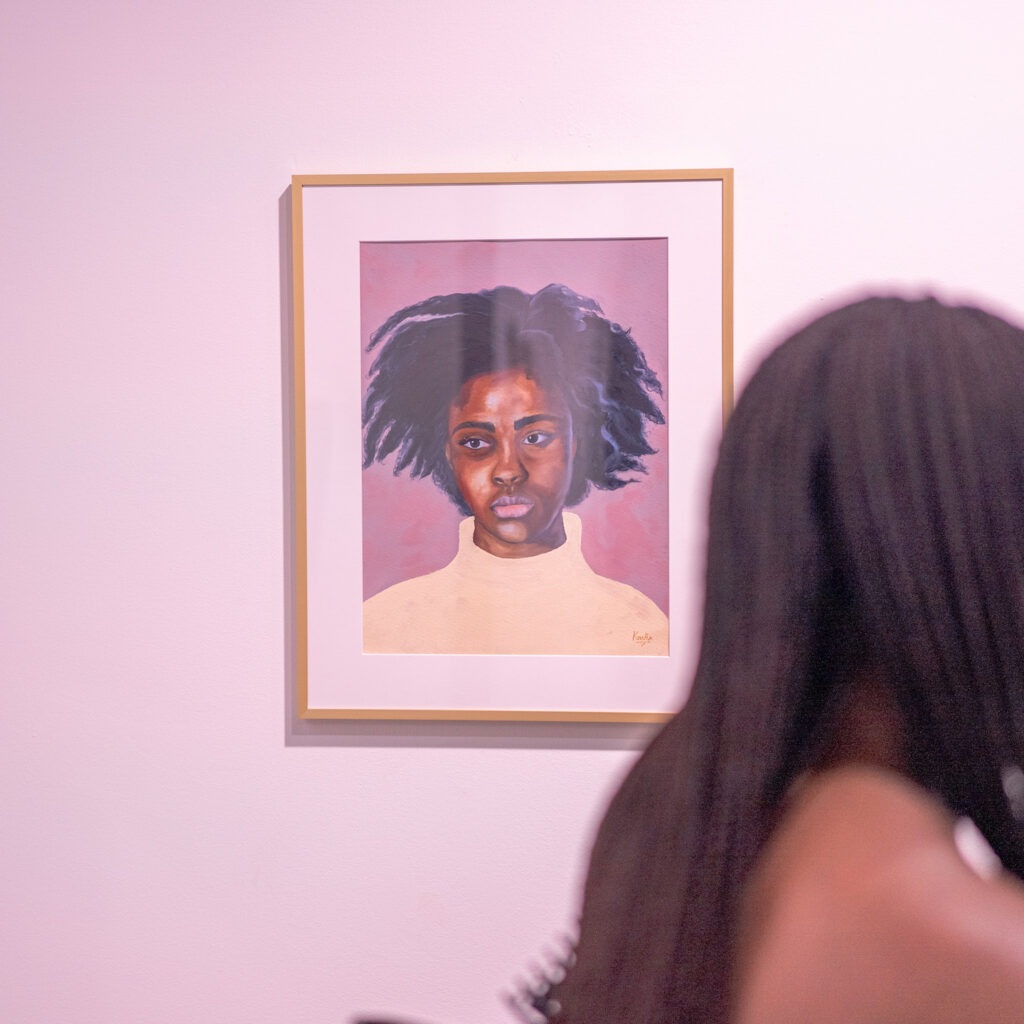
“Ava” is Francesca Desulmé (Kouka)’s first experiment with oil painting. Photo: Poppa Quest.
The Black hair must also be free to exist in its most natural state. Kouka’s Ava is a striking oil portrait of a girl gazing in the distance, her afro defying gravity.




